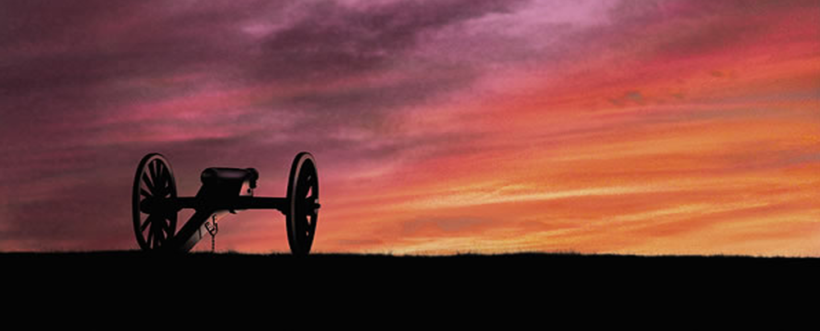A long time ago I discussed Six Unforgettable Novels. This time it’s not fiction, but a brief analysis of historical documentaries. The six titles below represent the perfect combination of narration, visuals, testimonies and an explanation of history free from agenda or amateur dramatics. The first three on the list have each been watched around five times. They are that good.

The Nazis: A Warning from History (1997)
Coming in at six episodes, the cool and clear narration of Samuel West captures the chilling mood. It’s an astonishing journey as Adolf Hitler and his party rise to power – and then onward to war, genocide and the bitter end. There are some excellent interviews and on two memorable occasions a couple of people are caught out and exposed for their Nazi sympathies. One tries to change the subject, another faces it head on. The opening theme is taken from ‘A German Requiem’ by Brahms – a powerful and fitting piece.
The World at War (1973)
An incredible examination of the Second World War via 26 well-crafted episodes. The causes, the conflict, the personalities and the aftermath are all looked at in detail. Laurence Olivier’s narration is brilliant, but even more notable are the testimonies from the men and women who experienced it all. There are no sob stories, sense of entitlement or moronic comments here. A lot of people in the 21st century could learn from the stoicism on display in the 20th century.
500 Nations (1995)
This eight-part television series focuses on the Native Americans of North and Central America. It’s a fascinating subject which doesn’t really get that much coverage in the grand scheme of things. The show is epic in scale as it takes us from the Pre-Columbian era to the end of the 19th century. Ultimately, it is a tragedy as the advance of the Europeans shattered their way of life and distinct connection with nature.
Cold War (1998)
With the Second World War over, the difficult relationship between the Soviet Union and the United States began to dominate the globe. Kenneth Branagh narrates the 24 episodes and the events of the 20th century are covered in comprehensive fashion. You will know or have lived through these times – Korea, Cuba, Vietnam and so on. There are some engaging interviewees, such as Fidel Castro, Henry Kissinger, Lech Walesa and Mikhail Gorbachev.
The Death of Yugoslavia (1995)
All of Europe is composed of cynical countries. We all share that special bond. However, Yugoslavia was always a bit stronger when it came to the sardonic aspects of life. The six episodes do a very good job of explaining the collapse of this federation in the 1990s, subsequent wars, ethnic cleansing, bullying, petty nastiness, subterfuge and the signing of the final peace accords. All the major personalities are interviewed and given a chance to tell their side of the story.
The Civil War (1990)
You may be wondering which one. Chinese? English? Russian? No, it’s the American one. This superb miniseries was created by Ken Burns and the nine episodes cover the events of 1861-1865 with dignity and depth. A nation that fights itself is perhaps one of the saddest conflicts to witness. By the way, it’s a common sight now, but Burns created a sense of movement in the still photographs used in the film by panning and zooming.

Obviously I’ll be reading the first three on the list at least six times. 😉
I know! ;o)